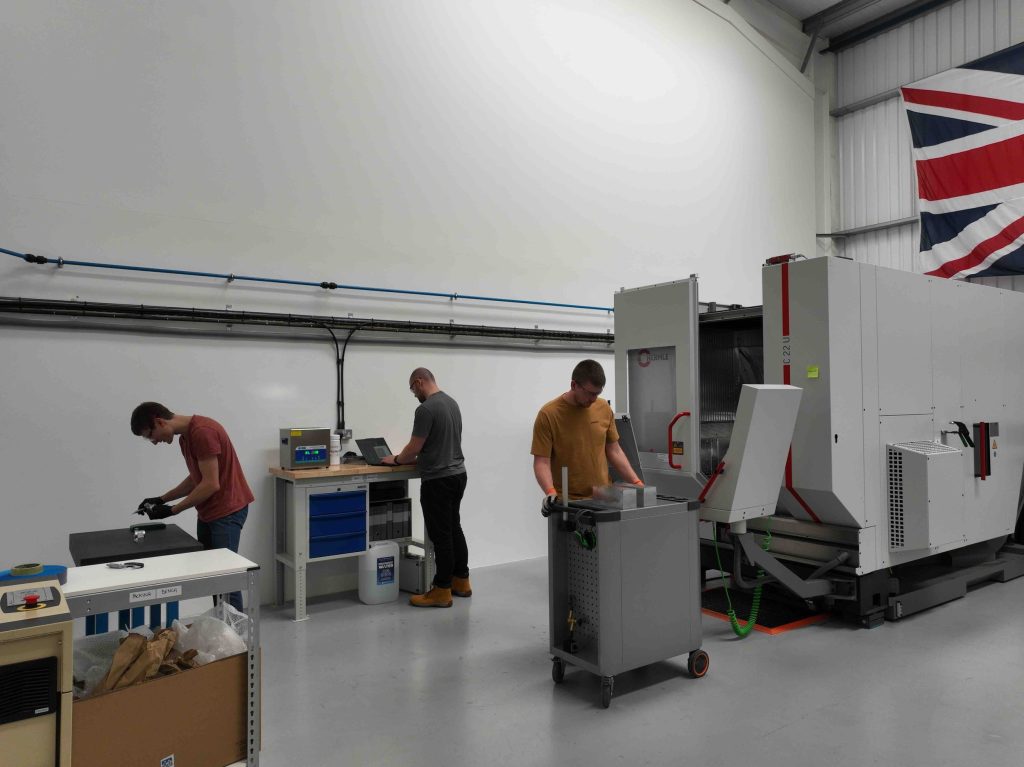EE has successfully deployed 400 smart cells across the UK over the past year, marking significant progress in enhancing mobile connectivity. This includes the installation of its first 5G small cells in London, as part of its ongoing efforts to meet growing demand.
These small cells, which are compact mobile masts, are designed to boost network signals in densely populated areas. According to BT, EE’s parent company, their diminutive size allows for easy installation on existing street infrastructure, such as lampposts and other urban fixtures.
A trial of the 5G small cells is currently underway at seven locations within the London Borough of Croydon. BT reports that these sites are handling over 3TB of data traffic each day, underscoring the high demand for mobile connectivity in the capital.
The deployment of small cells is not limited to 5G, with more than 1,000 4G small cells now operational across the UK, including in cities such as Cardiff, Dundee, and Luton. These installations are also enhancing network capacity in popular summer destinations like Torbay and Cumbria.
Greg McCall, chief networks officer at BT Group, said: “Small cells are an integral component within our mobile network, ensuring that even in the busiest places our customers have access to the full performance of the UK’s best network. To reach 1,000 deployments, including our first 5G sites, demonstrates our commitment to delivering unrivalled mobile connectivity to all four corners of the UK.”
BT utilises advanced network analytics to pinpoint areas where a signal boost is most needed. Working with partners Nokia and Ericsson, the company deploys the small cell technology to reduce network congestion. The 4G small cells deliver speeds of up to 300Mbps, while the 5G cells can provide speeds of up to 600Mbps, offering significant improvements to customer connectivity.










